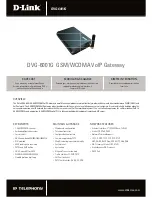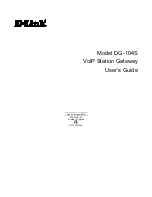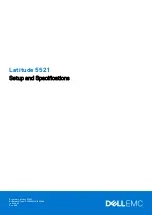
DeviceNet
®
Interface Module Installation & Reference
Figure 5: WriteDeviceNetBuffer Property Sheet
5. Enter the required parameter values for the function. For the
Buffer
parameter, reference the cell
containing the FormatOutputBuffer function created in Step 2.
NOTE:
The data referenced in the WriteDeviceNetBuffer function should be dynamic, i.e. updates with
each acquisition as values returned from a function or conditional statements. If the data is static,
then the Cell State of the WriteDeviceNetBuffer function may have to be toggled to initiate a send
to the PLC. Refer to
In-Sight® Explorer Help & Reference
for more detailed information on the
WriteDeviceNet function parameters.
WriteDeviceNet Example
The following is an example of a WriteDeviceNetBuffer function that will send data from an In-Sight
spreadsheet cell to the PLC via the Module:
WriteDeviceNetBuffer($A$0,1,$D$3)
, where Cell D3 contains
FormatOutputBuffer(0,"f:il:d:s",$C$3,$C$4,$C$5,$C$6)
NOTE
: This example shows floating point, integer, 32-bit integer, and string values being sent. Refer to
the
In-Sight® Explorer Help & Reference
for more detailed information on setup.
8































